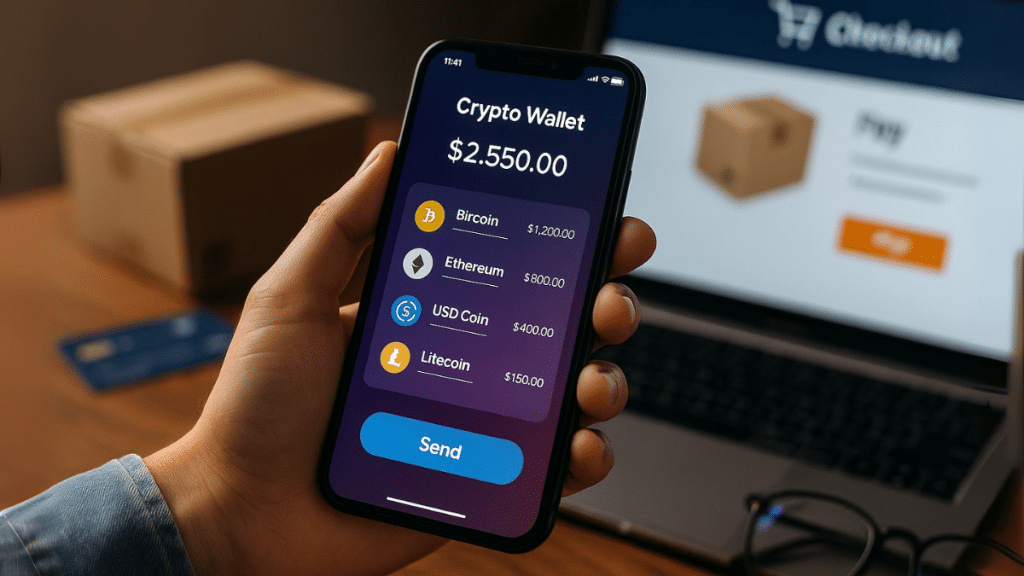Just a few years ago, using crypto online required complex tools, cold storage setups, or specialized knowledge. Fast forward to today, and crypto wallets are sleek, mobile-friendly, and woven into the fabric of online commerce. This transformation isn’t just technical, it’s reshaping how people shop, pay, and interact with brands.
At the heart of this evolution is the crypto payment gateway, bridging the gap between wallets and digital storefronts. But to understand their impact on retail, we need to understand where wallets started and where they’re heading.
From seed phrases to seamless UX
Early wallets: Secure but clunky
In the early days of crypto, wallets were desktop-based and non-custodial, placing full responsibility on users to manage their private keys. While secure, this created friction in everyday use. Transactions were manual, addresses were error-prone, and accessibility was limited.
Mobile-first wallets: Convenience meets adoption
The rise of mobile crypto wallets like MetaMask, Trust Wallet, and Coinbase Wallet has changed everything. Users can now:
- Pay instantly with QR codes
- Use biometric authentication for transactions
- Sync wallets across multiple apps and browsers
Today’s wallets are app-native and designed with e-commerce in mind.
Web3 integration and wallet login
Wallets are evolving into digital identities. With technologies like WalletConnect and Web3 login, users can now sign into stores, access loyalty programs, and complete purchases all without traditional credentials or payment methods.
This frictionless experience aligns perfectly with the needs of modern online retail.
What it means for online retailers
1. Faster, user-friendly checkout
Customers can pay with just a tap, scan, or confirmation, no typing, no redirects.
2. Greater payment flexibility
Retailers can accept dozens of tokens, stablecoins, or even NFT-based coupons via wallet integrations.
3. Borderless reach
Crypto wallets are accessible globally. No banks, no cards, just a smartphone and internet connection.
4. Privacy and trust
Wallet-based payments don’t require sensitive personal data. This builds trust, especially in privacy-conscious markets.
Real-world impact: Wallets as the new interface
According to Crypto.com, there were over 420 million crypto wallet users globally by the end of 2023, and adoption is accelerating in mobile-first markets like Southeast Asia, Africa, and Latin America【Source: Crypto.com】
Retailers integrating wallet-compatible crypto payment gateways are already seeing:
- Higher checkout conversion rates
- Faster settlement and reduced processing fees
- Greater customer retention through token-based loyalty
Final thought
The evolution of crypto wallets has lowered the barrier to entry for millions of users, and online retail is reaping the rewards. With more intuitive, mobile, and secure wallet solutions in the hands of consumers, the next wave of e-commerce innovation is already here.
Want to offer wallet-friendly checkout? Start with a crypto payment gateway that integrates effortlessly with today’s most popular wallets.
